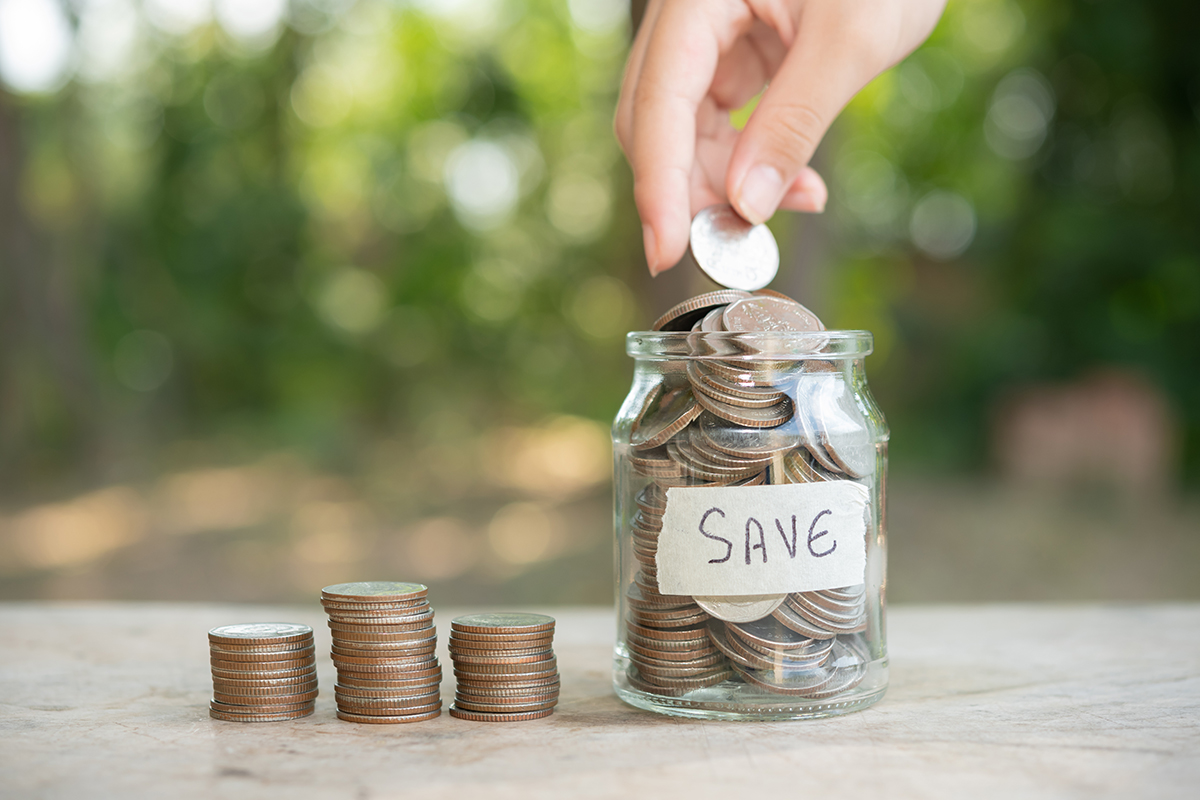Does buying stuff on sale make you happier?

In America, the day after Thanksgiving has gained widespread fame as Black Friday, which is considered the most significant sales day of the year. On this occasion, stores offer substantial discounts, a tradition that has now extended to numerous countries globally.
Every year, shoppers eagerly look forward to this sale event as it caters to our bargain-hunting desires. However, amidst the excitement, we must ponder whether this phenomenon is as perfect as it appears.


Why are we so sensitive to this?
During Black Friday, discounts abound, and companies leave no stone unturned in promoting their deals through social media, TV, and radio. This pervasive advertising creates a sense of social proof, compelling us to believe that these discounts are too good to miss.
The time-limited nature of these offers adds to the urgency, as companies often present day-specific deals or discounts valid for a limited period. With Black Friday preceding Christmas, the allure of these deals becomes even more enticing, potentially enhancing the festive income.
The fear of missing out (FOMO) can also play a significant role in driving our sensitivity towards these discounts. If we don’t seize these opportunities, we may experience the anxiety of missing out on a great deal.
But what lies behind our sensitivity to these discounts? Our brain reacts strongly to words like ‘sale’ and ‘deal’, triggering the reward system and simultaneously deactivating the part responsible for rational decision-making. The pleasure of making a purchase on sale takes precedence, influencing our actions.

Buying as a coping strategy?
Making unnecessary purchases can act as a coping strategy. A coping strategy is the way you deal with a certain situation. These coping strategies can be active or passive. Making unnecessary purchases is a passive strategy. In the moment it can be experienced as a comfort and you feel happy for a while, but you avoid the real problem.
Black Friday can be bad for your well-being
While the allure of numerous discounts during Black Friday is undoubtedly enticing, it’s crucial to acknowledge the negative aspects associated with this shopping phenomenon. As mentioned earlier, if your coping mechanism involves making many purchases, the steep discounts on Black Friday can intensify this behavior, making it even more tempting to overspend.
Additionally, in the lead-up to and during Black Friday, stores often tend to raise the prices of non-discounted items to offset the impact of offering significant discounts. Consequently, you end up paying more for your regular purchases. In times of inflation and soaring costs, this can substantially affect your financial situation, leading to potential negative consequences for your overall well-being.

How to resist the temptation of Black Friday
Amidst the abundance of great savings and enticing sales promotions available throughout the day, resisting the urge to make impulsive purchases can be challenging. When you stumble upon an item at an attractive price, it’s natural for your brain to urge you to act quickly, but it might be wise to take a step back.
Taking a walk or giving yourself some time to reflect can be a smart move. By postponing the purchase, you allow yourself the opportunity to make a more informed decision about whether the item is genuinely necessary.
If, after a few hours, you still find that the desire to buy it on sale remains, then it might be a reasonable purchase to proceed with. This approach helps you avoid impulsive buying and ensures that your decisions align better with your actual needs and preferences.





















